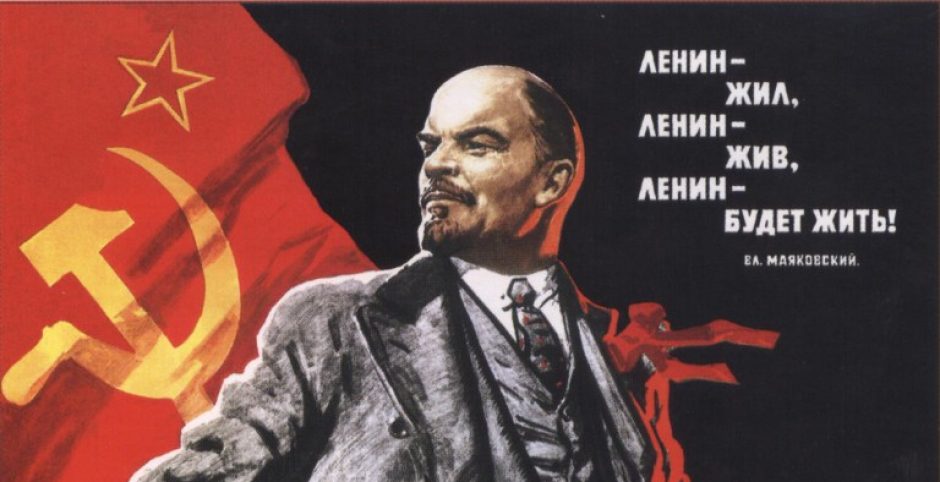In reading about the description of the kompaniya intellegentsii, I was struck by their similarity to the underground cadres and secret societies that made up the Decembrist movement. This similarity was noted even by the kompanii themselves, saying that their “central questions we asked at our gatherings had first been asked by the intellegentsia of old – What is to be Done? was the name of a book by Nikolay Chernyshevsky; Who is to Blame the title of a Herzen novel” (Alexeyeva, 97). and that “we wanted to…recapture its intellectual and spiritual exaltation.” (Alexeyeva, 97). While these similarities are very close and show the degree to which tsarist intellectual repression mirrored Soviet intellectual repression, their differences reveal a lot about the changed nature of the intellegentsia and its relation to the state.
To begin with, both of them existed right under the nose of the government. However, the kompaniya seemed to be much more widespread, with Alexeyeva describing how she could walk through any communal flat and “open the door of a crowded, smoky room filled with people I knew, people I’d never met, people I must have met but didn’t know by name” (Alexeyeva, 84). While not as elitist as the military-intellectual-foreign-educated groups that comprised the secret societies behind the Decembrist revolt, the members of the kompanii viewed themselves as a distinct and elite class separated from the vydvizhentsy, the ‘technical’ intelligentsia of Stalin (who now, in fact, ran the USSR). Both the Decembrist societies and the kompanii were divided, with Alexeyeva relating anecdotes about passionate arguments between the physicists and the lyricists. However, on the side of the physicists of the kompaniya, the Decembrists were more deeply concerned about effecting positive, tangible change – producing constitutions (detailed enough to reorganize oblasts and gubernii) and organizing troops for actual revolt, while the kompanii were deeply uncomfortable even with the glasnost demonstration mentioned later on. This shows that the nature of intellectual repression had changed to become more all-encompassing, wherein the power of the state had effectively been encoded into a dominant ideology as opposed to the more tolerant tsarist ideology, which was nominally classically Liberal to some degree.
I think the most interesting parallels and differences were with the intelligentsii’s relationship with the West. In tsarist times, as was noted by Alexeyeva, intellectuals persecuted by the tsar published abroad to escape censorship and punishment (“Was it wrong for Herzen to do it [publish abroad] 100 years ago?” (Alexeyeva, 128)). In the Thaw era, the West took on an incredibly heightened importance, through the dissemination of Western works through samizdat and the exportation of Soviet-critical works beyond the Iron Curtain. One of the more significant developments in the book came when the Western press established a relation with the intelligentsia’s press movement. The arrest of Sinyavsky and Daniel became the flash point for international condemnation of Soviet intellectual repression – Alexeyeva recalls writing in code to convey this point to the imprisoned intelligentsii: “Grandmother Lillian Hellman asked me to say hello. Uncle Bert Russell also sends regards. Your nephew, Gunter Grass, talks about you a lot, and so does his younger brother, Norman Mailer” (Alexeyeva, 139). This is a crucial difference between the Decembrists and the intelligentsii – the cause of the intelligentsii was made into a massive, global cause celebre, whereby this small stratum of individuals and kompanii was seen as a tool for dismantling the larger Soviet system of repression. The Decembrists were seen as admirable for their liberal views and democratizing tendencies, but ultimately were a Russia-centric movement.

I think that another important difference between the intelligentsii and the cadres of the Decemberist movement is that the the latter had more explicitly political origins. The intelligentsii seemed to be more concerned, at least initially, with the stifling of intellectualism in the USSR, and how that impacted their ability to pursue abstract ideals. While their movement eventually took on a more politically-oriented approach, their reasons for pursuing these new goals, such as the demand for glastnost, differed greatly from that of the Decemberists.
The political action of the intelligentsi was inspired by their desire to challenge cultural homogenization, rather than the sociopolitical underpinnings, of the USSR. Alexayeva writes, “At the same time, we weren’t burdened by guilt for the people, since we were just as poor and deprived of rights as our compatriots who hadn’t reached our level of education. And we were not interested in sacrificing ourselves for a cause. Blissfully ignorant of the fact that we represented the Soviet human-rights movement in its gestation stage, we were basking in the Krushchev liberalization, discovering what it means to be human” (Alexeyeva, 97). Their concern for the Daniel and Sinyavsky trials came from the fact that they were tried for their writing. While this did lead to a larger concern within the intelligentsii movement for more structural issues and the USSR’s role in the global order, I would argue that their intentions came from a very different place than the Decemberists.
The Decemberists, from the beginning, sought to fundamentally restructure Russian society. Although they were “elite” in the sense that they came from government positions, their intents were less so; they sought to abolish monarchical rule and distribute land to the peasants.
I may be misinterpreting what you have stated, but it was my understanding that the intelligentsii were incidental challengers to the dominant Soviet culture. I guess this brings into question what constitutes a challenge though. In Soviet society, the desire to stray from the norm must be a political act because all of life was politicized. In that way what the kompanii were doing was a challenge. However, I also felt that, had their lives not bled out into society, the kompanii might have remained unnoticed. They were originally “basking in the Khrushchev liberalization, discovering what it means to be human.” (Alexeyeva, pg. 97). Could their interactions be politicized then?